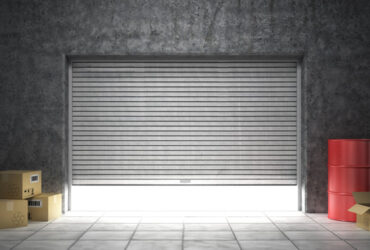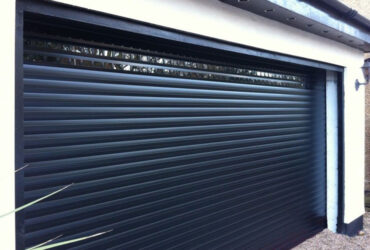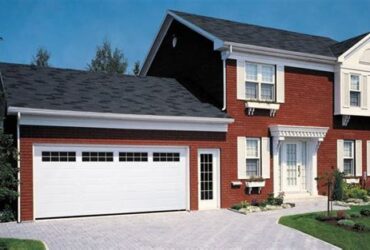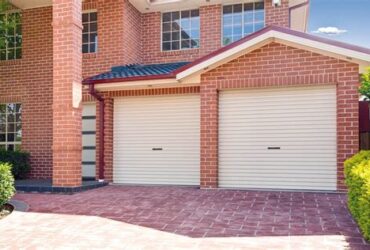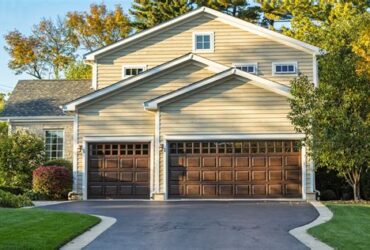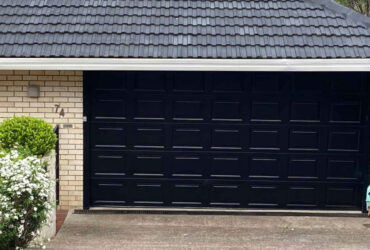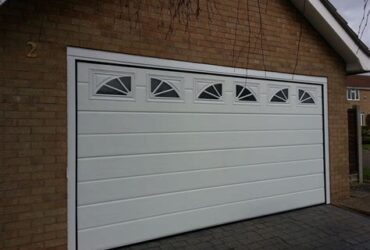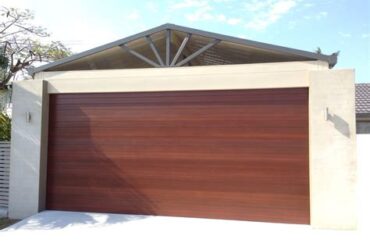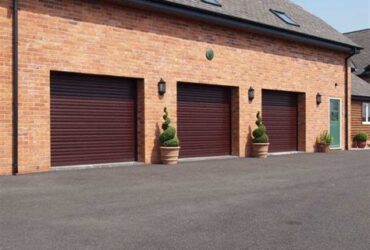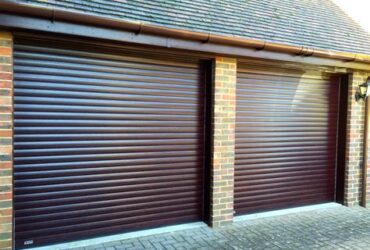
About Us
Based in the Swan Valley region of Perth. We offer a wide and varied skill base, gained from 35 years engineering experience working on all types of Industrial and Domestic installs.
A full & comprehensive Service of your garage door will cost $140, within the Swan Valley area. This generally takes 30-45 minutes to complete, depending on your door type and its overall condition.
Why Choose Us for Garage Door Service
At Garage Doors Perth WA, we do not consider the job done until you are satisfied with your garage door. The technician will guide you through the garage door opener programming process, to ensure you are the only one that can access your garage.
Understanding the Four Main Parts of Your Garage Door Opener
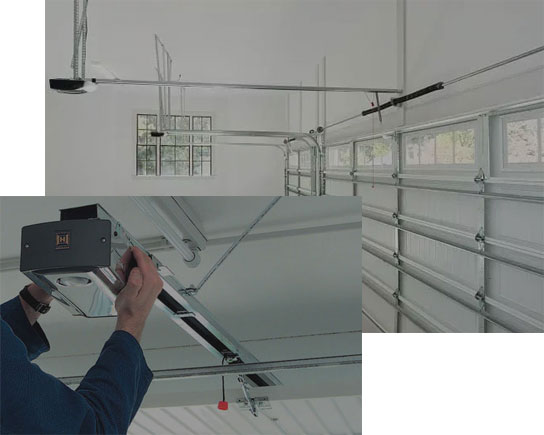
Springs
There are two different types of garage door springs; torsion and extension.
Torsion springs are located directly above the garage door and attached perpendicular to the tracks. These springs are newer and have become the standard springs on newer garage doors. They are much safer and have a longer lifespan.
Extension springs can still be found on older garage doors. These springs are located parallel to the end of the track. These springs are far more dangerous if and when they break. They can cause damage to the garage, vehicles in the garage, or a person if they happen to be in the garage when they break. Customers that have this type of spring system are always advised to convert over to a torsion spring system.
Regardless of what type of garage door spring you have, it is important to note that this part of your garage door is extremely dangerous. These powerful springs can result in the dismembering of fingers and should never be handled by inexperienced individuals. If your garage door spring is showing signs of warping, rusting, or aging, it is important to contact a professional to handle repairs or replacements.
Rollers
The most common issue that garage door owners face is with the rollers and the track. The rollers and the track are responsible for ensuring that the door stays straight when it ascends or descends. Due to the strain that the rollers and track are constantly under, they are the most vulnerable to wear and prone to damage. When you are inspecting your garage door, make sure the garage door is in the closed position. Next, check the garage door rollers for signs of cracks, flat sides, or signs that it may be stuck.
Another thing to do is to make sure you check the track. If the joints are showing gaps or signs of unevenness, then they need to be repaired. These problems can eventually prevent you from opening or closing the door or cause it to close extremely slowly. Before you end your inspection, run your fingers over the track to see if there are any bumps or dents. If you feel any, then it is time for a track replacement by your trusted garage door repair specialist.
Galvanized or Stainless steel Cable
The galvanized cables connect the garage door to the motor. These cables are the most common type of cable used on a garage door and they can be upgraded to be made of stainless steel. If you are unsure if your garage door’s galvanized cable is in good shape, there is a simple inspection you can do. First, close your garage door and then check over the cable. The cable shouldn’t show any signs of fraying or wear, and if it does, it needs to be replaced.
If the cable does completely become undone, the garage door won’t be able to move up or down, so it is important to get it checked regularly.
Galvanized steel cable is made of traditional steel which is coated in a thin layer of zinc. This coating helps to protect the steel from corrosion, as untreated steel has iron will rust if it is exposed to water or moisture.
The Motor
The motor is the operating force behind your garage door. If you notice excessive noise, such as squeaking or clanking, it may be time for a replacement. If your garage door won’t open and close and you have a feeling that it is the motor, there is a safe way to check. Switch the door to manual mode by pulling the red handle. Next, try raising or lowering the garage door. If it moves, then the motor is the problem, and if it doesn’t, it may be a problem with the springs, rollers, or tracks. A trusted garage door specialist, such as the team at Garage Doors Perth WA, can help you replace your garage door motor. We can also handle spring replacement or repairs, new garage door installation, or track and roller repairs or replacements.
When it comes to keeping your garage door running strong all year round, routine maintenance from our team goes a long way.Contact our team today to schedule your garage door maintenance check or for spring replacement services.
What our customers says
Allison – Aveley 6069
Heather – The Vines 6069
Julia – Aveley 6069
Featured Projects
- All
- House Garage
- Garage door
- Roller Door

